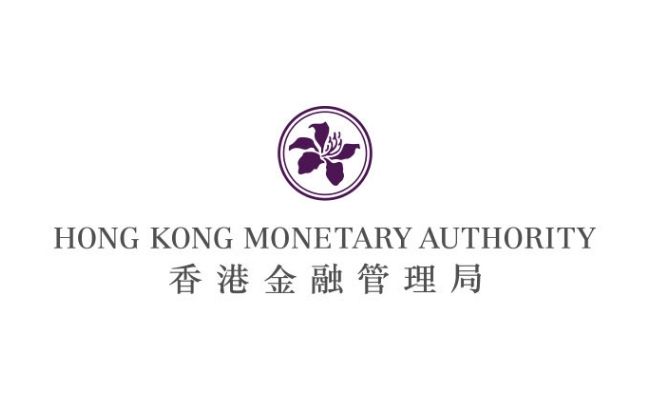
EU Strikes Deal on Stricter AML Rules, Including Crypto Industry
The European Union (EU) has recently reached a provisional agreement on new anti-money laundering (AML) rules that will have a significant impact on the crypto industry. The deal, struck between the European Council and the European Parliament, aims to strengthen the EU’s efforts in combating money laundering and terrorist financing.
One of the key aspects of the agreement is the expansion of the list of entities that will be subject to AML obligations. This now includes crypto asset service providers, which means that companies offering services related to cryptocurrencies, such as exchanges and wallet providers, will be required to comply with AML regulations and implement robust due diligence measures.
The inclusion of the crypto industry in AML regulations is an important step towards addressing the potential risks associated with cryptocurrencies. By subjecting crypto asset service providers to AML obligations, the EU aims to prevent illicit activities, such as money laundering and the financing of terrorism, within the crypto space.
The agreement also introduces stricter customer identification and verification requirements, commonly known as Know Your Customer (KYC) rules. Financial institutions and crypto service providers must collect and verify more information about their customers, including their identities and the purpose of their transactions. This will enable authorities to monitor and track suspicious activities more effectively.
In addition to these measures, the agreement emphasizes the importance of cooperation and information sharing between EU member states’ financial intelligence units (FIUs). This will facilitate the exchange of information related to potential money laundering and terrorist financing activities, ensuring a more coordinated approach in combating financial crimes across borders.
The announcement of the agreement has been met with a cautious welcome from the crypto industry. While some express concerns that the increased regulatory burden may hinder innovation and growth, others recognize the need for stronger AML measures to build trust and legitimacy in the industry.
One particular concern raised by industry players is the potential impact on privacy and data protection. With the new regulations, crypto service providers may be required to collect and store more personal data from their customers. This raises concerns about the security and privacy of individuals’ information, as well as the potential for misuse or unauthorized access.
However, proponents argue that the increased regulatory oversight will help weed out bad actors and strengthen the credibility of the crypto industry. By demonstrating a commitment to combating financial crimes and illicit activities, the sector can build trust with regulators and traditional financial institutions.





